Biofuels: The Future Source Of Energy
A few days ago I came across this post on Futurism about the first ever U.S. to Australia flight that was powered with mustard seeds being a composition of the fuel used for the journey.

The flight emissions for the entire journey was said to have been reduced by seven percent, which as described by the author of the said article is a "win-win-win".
That marked the first time I was hearing about biofuels and it got me curious as to what the word meant at that point which spurred me to do a little research.
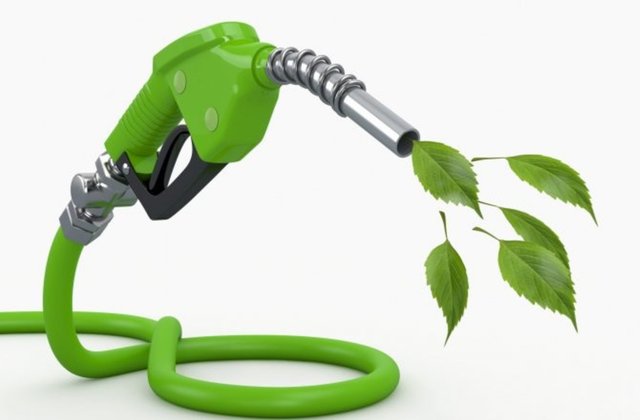
I was impressed with what I found out, which is why I decided to share my new found knowledge about how a form of fuel gotten from plants and food leftovers in the restaurant industry could actually be the new generation of energy sources for vehicles and machines.
Here's what I found
What are Biofuels?
So the Wikipedia definition of the term biofuel says
A biofuel is a fuel that is produced through contemporary biological processes, such as agriculture and anaerobic digestion.
It turns out that all biological processes comprised together all employ an underlying process known as biological carbon fixation.
So we can safely say that a biofuel is produced whenever biological carbon fixation occurs.
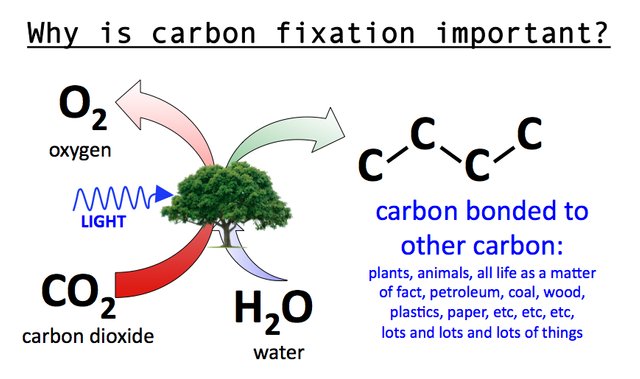
The discovery and emergence of biofuels has given to a range of biofuel technologies being used by different energy companies, these technologies ranging from wood pellets to butyl alcohol.
North America is the largest producer of biofuels in the world producing an equivalent of 38 - 39 million tonnes of oil in biofuels as of 2016 with the United States being the largest contributor to that number.
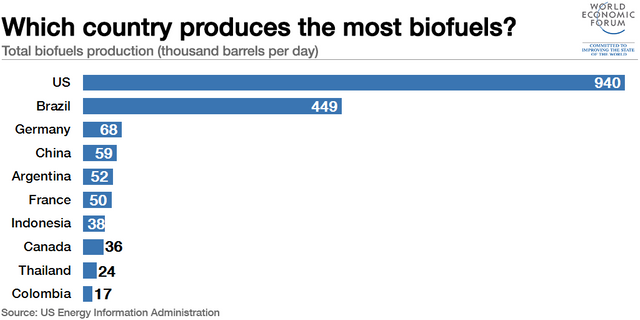
I tried researching a number of listed biofuel companies in the U.S. but majority didn't have an online presence and the ones that did have provided limited information. The two companies I could get information about are
Energy Derived is a company that's dedicated to developing military grade biojet fuel from algae biomass.
It states on their website that the company was created out of a collaborative effort between the Arizona state university and DARPA.
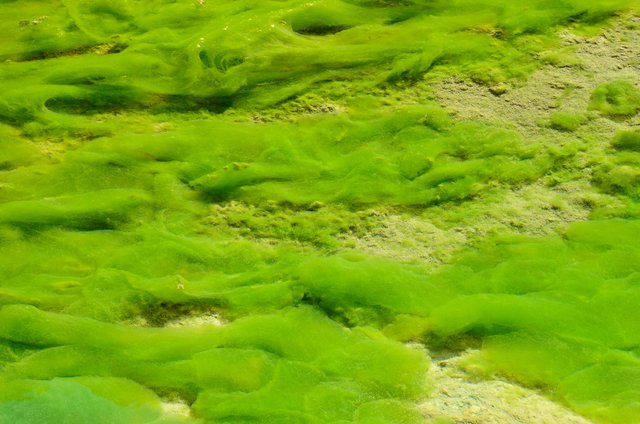
Desert Sweet Biofuels is a company that specializes in the production of algae for use by their clients who use them to create biofuels.
Reportedly they've been around for a long time since around the early 1930s.
By the 1980 they were operating the largest shrimp farm in Ecuador.
Before they moved to Arizona in 1995 to continue with shrimp production alongside algae production.
Types of Biofuels
Bioalcohols : Gotten from starch, sugar and vegetable oil.
Can be used as a replacement for gasoline in petrol engines.

Biodiesel : Gotten through a process known as transesterification from materials like vegetable oil, tallow, waste cooking oil and animal oil.
Biodiesel can be used in any diesel engine by mixing it with mineral diesel
Green Diesel : Made from feedstocks, tallow from animal by product and used oil collected from restaurants.
It is made from a process known as hydrocracking.
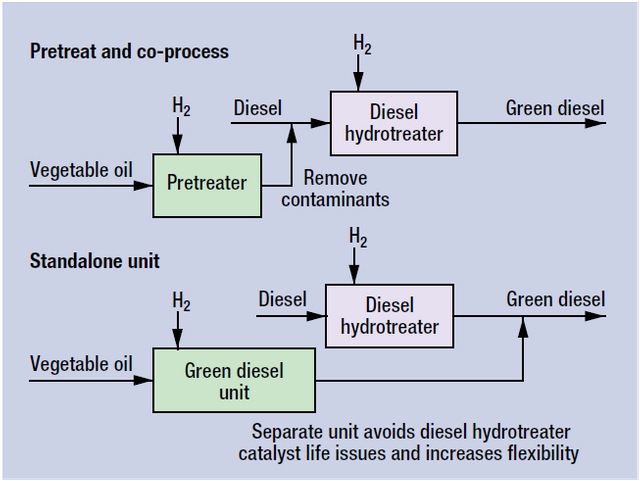
Bio-Ethers : Bioethers are produced whenever a bio based alcohol loses the presence of hydrogen in its constituent elements.
Bio-ethers will likely replace petro-ethers in the UK.

Biogas : Produced naturally whenever organic waste decomposes.
Biogas is produced through a process known as anaerobic digestion. Biogas is said to be a potential greenhouse gas.
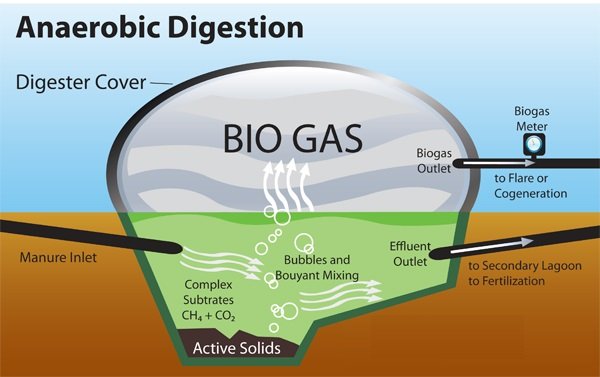
Uses of Biofuels
As a source of energy apparently biofuels have lots of uses, here are the top five areas where biofuels will prove the most effective
Transportation: From cars to trucks and even aeroplanes, biofuels stand a very big chance of being the go to source of clean energy in the future.
Production of Electricity: Biofuels have the capabilities and potential to become a major source of electricity. They can be used to generate power in backup systems.
Cooking: Biodiesel is an ideal replacement for kerosene in stove and gas lanterns.
Charging Electronic Devices: Fuel cells can be used in place of batteries to charge and power phones and other devices.
Heat Generation: Wood is a perfect example of a biofuel that's used for heat generation.
The Edibility of Certain Biofuels
Certain biofuels are edible, while it's not a possibility when it comes to petroleum some biofuels are actually gotten from common crops that are crucial to the present dietary needs of the world.
The following are five edible materials that are biofuels
- Corn, which is a major source of the ethanol in E85 gasoline blends
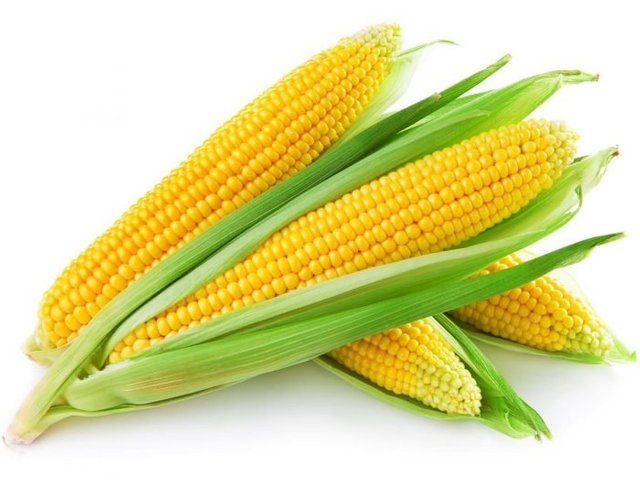
- Soybean, which serves as the main source for the oil used in producing biodiesel
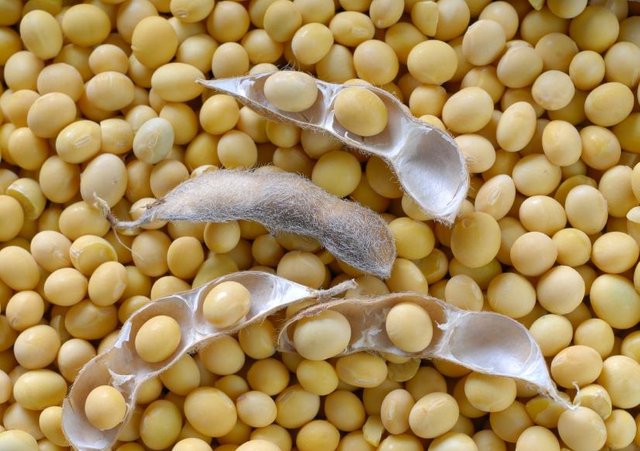
- Palm oil, whose oil content is a major source of biodiesel

Cotton produces a vegetable oil that has been used for cooking since the late 1860s.
It is also a cheap source of biofuel, it being more oil productive per acre than corn and soy.
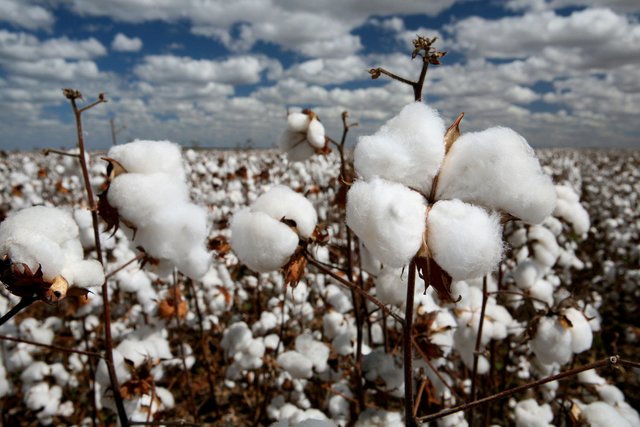
- Sorghum, which has the potential to replace corn in ethanol production processes.

Environmental Benefits of Biofuel
In my opinion, I think biofuels are the next big rave of the of the energy industry and this is mainly because of the various advantages that comes with using them. Some of which include
Providing alternative sources of energy besides crude oil and coal
Being a renewable form of energy unlike crude oil that will take a lot of years to regenerate once the present supply is exhausted.
They burn cleaner than fossil fuel, produce no sulfur, very little carbondioxide and cause less air pollution.
Biofuels reduce the danger of environmental disasters such as oil pipe burst that can result into wildfires.
Potential Issues that might Arise from the use of Biofuels
If biofuels are such great sources of energy then why haven't employed them as our primary source.
Well it appears that there's always two sides to a coin and the diversion of food crops to the production of biofuels does come with its own potential dangers.
An example of the adverse effect of the is the shortage of food for consumption when too much of the food crops grown has been herded in the direction of energy production.
Though an ideal source of clean energy, biofuels are not always readily available in the market and the scarcity can be attributed to the fact that much of the worlds population produce food for consumption purposes only.
This has made the production of biofuels considerably less economic friendly. However there's a potential solution to that, second generation biofuels are now being made from plants that are not desirable for food.
Differences between Fossil Fuels and Biofuels
Fossil fuels emit a larger percentage of carbondioxide into the atmosphere.
Biofuels are made from biological materials while fossil fuels are made from carbon based energy sources.
Production of biofuels requires the dedication of farmland already dedicated to food production whereas fossil fuel production does not pose that sort of challenge.
Fossil fuels were formed between 300 - 400 million years ago and would almost the same amount of time to regenerate once we run out of the ones we presently have.
However this is not the case for biofuels as they can be regenerated by planting new crops.
At this point I'll have to round up this post, thanks for reading and please do visit my blog again to read more informative posts.
What do you think of biofuels? Drop your opinion in the comment section.
nice post and great writing dear @gotgame i like and support your post.
keep it up dear
@gotgame
Thanks
Yes! biofeuls are quite wonderful, there are so many incredible things we can learn from plants, they are of a different mind then ours and have many secrets to be explored ;) Great post! I thoroughly enjoyed the research you have shared here.
You are right, there are still a number of mysteries that we are yet to uncover when it comes to plants, hopefully as time goes on and sea of knowledge expands.
Thanks for stopping by
As a follower of @followforupvotes this post has been randomly selected and upvoted! Enjoy your upvote and have a great day!